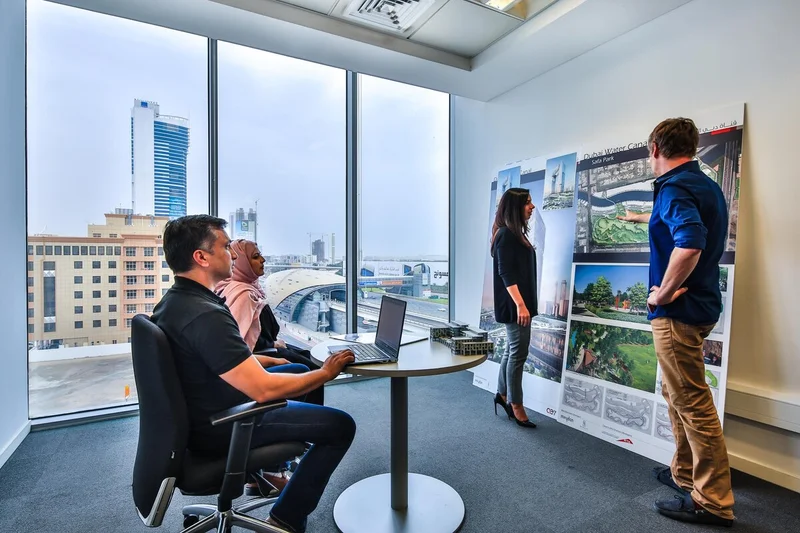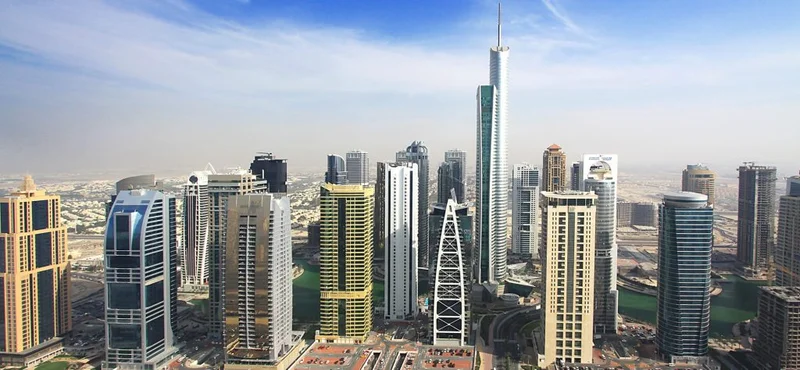The United Arab Emirates has become one of the most attractive destinations for foreign property buyers. Its modern infrastructure, stable economy and growing expat community make it a natural choice for those looking to invest or relocate. Understanding how the local real estate market works is essential to making a successful purchase.
Can Foreigners Buy Property in the UAE?
Foreign nationals are allowed to buy property in United Arab Emirates in specially designated areas known as freehold zones. These zones offer full ownership rights and the freedom to sell, lease or inherit the property. However, purchasing real estate in the UAE requires careful planning, due diligence and legal support.
Define Your Purpose
One of the most important steps is to determine the purpose of your purchase:
- Primary residence
- Investment for rental income
- Second or holiday home
Your goal will shape the choice of property type, location and budget. For example, those looking for family housing may explore houses for sale in United Arab Emirates, especially in suburban communities designed for expat families.
Research the Market
Once you have defined your goals, it is important to research the local market. There are many developers and platforms offering property listings, but not all are reliable. Using a verified Dubai real estate website or a trusted brokerage firm helps ensure you access accurate information and avoid common risks.
Choose the Right Location
Popular areas for expats and investors include:
- Dubai Marina
- Downtown Dubai
- Jumeirah Village Circle
These locations offer strong infrastructure, access to public transport, international schools and commercial centers.
Understand the Legal Process
When buying property for sale in United Arab Emirates, the transaction typically involves the following steps:
- Sign a Memorandum of Understanding (MOU) and pay a deposit (usually 10%)
- Sign the Sales and Purchase Agreement (SPA)
- Complete payment and register the transaction with the Dubai Land Department
Make sure the seller is authorized and all documentation is legally verified.
Financing and Costs
While many buyers pay in cash, mortgages are available to expats. If you're considering a loan, speak to local banks early in the process. Common requirements include:
- Initial down payment (typically 25%)
- Proof of income
- Credit history
In addition to the property price, buyers must account for:
- Dubai Land Department registration fee (4%)
- Agency commission
- Legal and processing fees
Compare Listings and Stay Informed
Whether you are browsing real estate websites in UAE or working with a local consultant, always compare listings carefully. Look at price history, project reputation and payment plans.
Ongoing Responsibilities
Owning UAE real estate involves more than the initial purchase. Ongoing costs may include:
- Maintenance and service charges
- Property insurance
- Utility bills
Be sure to include these in your budget planning.
Final Thoughts
The process to buy property in UAE is clear and regulated, but it demands preparation. Set clear objectives, work with verified professionals, and stay informed about all legal and financial steps. With proper guidance, purchasing property in the UAE can be a secure and rewarding experience.



